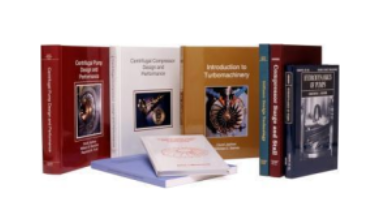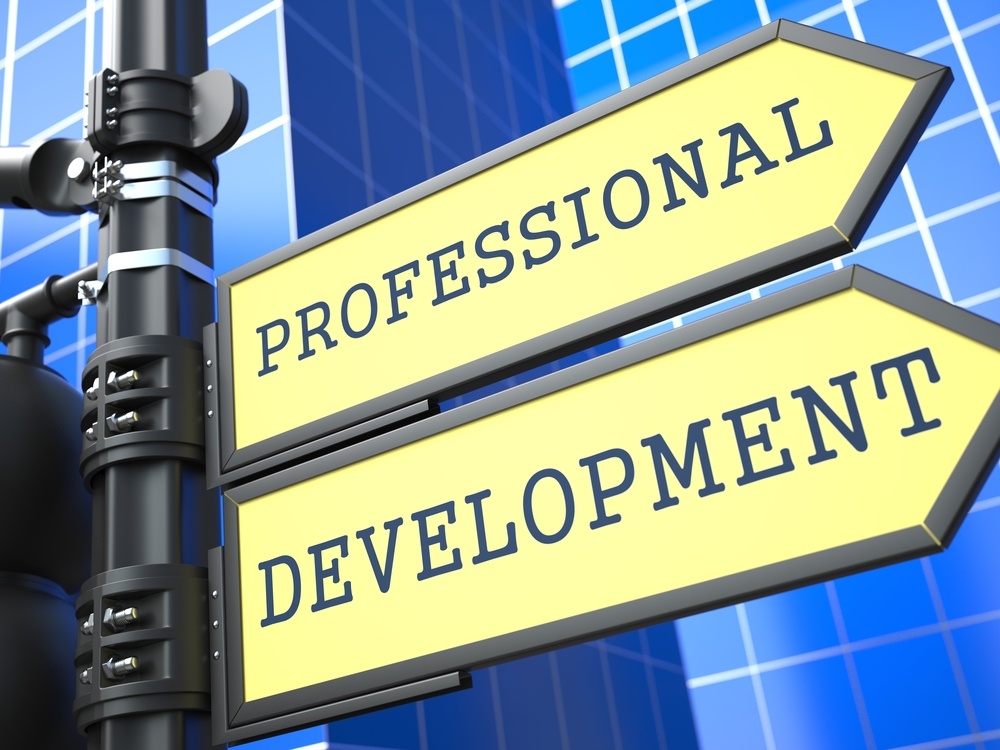Yes, you read that right. Learnt. It’s in the dictionary; look it up if you don’t believe me. I believe it’s one of those words that came over on the Mayflower and found its way into Webster’s early version of spell-check. I was exposed to this word through a group of Englishmen in the Engineering group here. One of those Englishmen, Colin Osborne, has been a significant contributor to our robust “Lessons Learnt” database throughout his decades-long career here at Concepts NREC. If you don’t have a “Lessons Learnt” database at your company, I suggest you start one right away.
Wouldn’t it be great if we could investigate lesson learnt databases from other companies? But you can bet that’s never going to happen. Lessons learnt are usually learnt the hard way; and sometimes we learnt them twice. That’s because we never really learnt them the first time. There is an old saying that goes something like this: Tell me and I will forget, show me and I will remember, involve me and I will understand. If you have kids, you know it is true. Although, I would offer a slightly altered version: Tell me and I will roll my eyes, show me and I will put it on Instagram, involve me and I will ask, “do I have to?”
Our colleagues, customers and employees are not our kids, and any mistakes we “let” them make can cost either them or us, a lot of money. Imagine telling a customer, “Well, we knew that was going to fail, but we wanted you to learn it for yourself.” Not a valid business plan!
So, it seems we need to do better than to just let the understanding develop over time. We need to pass on some learning. It’s likely that because you are reading this, you are an engineer, and very likely, a mechanical engineer. Remember freshman year, the movie about the bridge? It was no boring, standing up and doing the job right bridge. It was the Tacoma Narrows and it self-destructed right before our eyes. Do you remember that crazy guy with the pocket protector, walking straight down the yellow line? I felt like he was saying “Hey, look at me - I’m walking on a node!” That was nuts. But we all learnt something, then. Maybe it wasn’t the lesson about aspect ratio of trusses on bridges; but we learned that bad things can happen, and you’d better do your homework, or you might be in the middle of something really bad someday!
With our software, the lessons learnt turn into new features and functionality. The various revisions can be easily looked at and tracked. Manufacturing has toolpath programs and inspections that capture every detail. Even our testing facilities have copious amounts of data that can be analyzed and compared. Engineering is a whole different kettle of fish. How do you take things out of an engineer's mind, often a scary place, and have others learn it? Sure there are technical papers, etc. but those are so specific.
So, how might a “lessons learnt” database work? We are in an age of information and social media. We should be able to share experiences easily. That bridge movie was 35 years ago for me. I still remember it. But then, 35 years ago, a cool video was an attention grabber. Now we can watch videos of people in squirrel suits, flying into a Cessna. Seriously?! We are at risk of losing our ability to be impressed. Even so, we must roll with the times.
So how do we do this? How do we make information not only accessible, but that which we can call learnt? I feel that there is something wrong with relying soley on technology. But it has its place. I never used to let google maps tell me where to go. But now, I just let it go. Go ahead, steer me. The stuff that works seems to stick around.
But this learning thing. That’s different. Google Maps has not taught me how to get there. I might as well be chauffeured. I did not learn the route. As a matter of fact, it’s made me less aware of the landscape. I knew more about my surroundings ten years ago when I had a Rand McNally and my memory to get around. Now I just drive where I am told.
Lessons learnt need to be learnt. According to the parable, its somewhere between show me and involve me. I recently asked a young engineer, five years out of college, how he liked his new job. “Well,” he said, “the first job was fun. We had lots of experienced guys in the office, and if we needed to know something, we would walk over and talk about it. There was a sense of community and helping one another, and there was the confidence that the work was solid. Now, in the latest job, the senior guys are not involved. I feel like I’m learning more because I must figure it out for myself; but it’s more stressful not knowing. There is less of a sense of community too.” Pretty astute observations.
So, if we listen, we can hear the opportunity. There is serendipity in the air. We want to teach in a meaningful way, and people want to connect with people. We can work with this. The solutions are out there; we just need to put them together.
I will stop short of saying how to do it because each company needs to figure out how to do it in a way that works for them. I believe there is a tech component that can help; but I also believe it will take people meeting people. We need to talk more. It creates energy and community, and it makes people want to come to work. And if we can achieve that, we are all lovin’ life.




